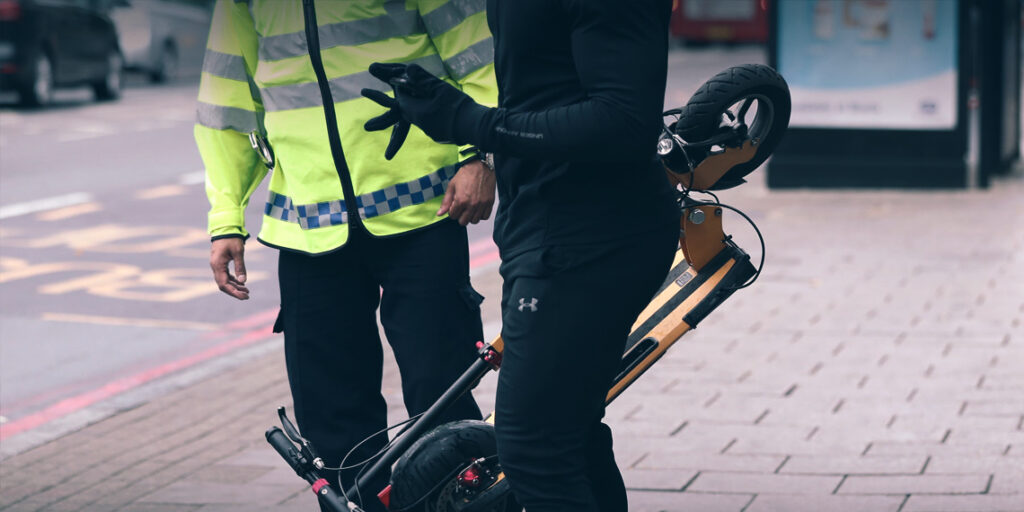In 2024, nearly six people lost their lives in e-scooter crashes, with hundreds more injured, prompting urgent calls for changes to the law surrounding their use.
The alarming rise in e-scooter-related accidents has led families of victims, police officials, and MPs to push for government action to regulate the use of private e-scooters on public roads.
According to data from the Department for Transport (DfT), there were 1,387 e-scooter-related injuries last year, including six fatalities and 416 serious injuries. Despite ongoing trials of rental e-scooters in various regions, privately owned e-scooters remain banned from public roads and pavements.
The UK is home to over one million private e-scooters, which continue to be a source of concern for law enforcement.
Matthew Barber, Thames Valley Police and Crime Commissioner, highlighted the growing issue of unregistered e-scooters being exploited by criminal gangs to avoid detection.
He also raised concerns about dangerous riding practices, with some e-scooter users travelling at excessive speeds.
Newport East MP Jessica Morden voiced similar concerns, noting that e-scooter riders often disregard road safety and neglect basic safety measures like helmets, lights, and audible warning systems. She called for stronger regulations to ensure e-scooters are used safely and responsibly.
Tragic incidents like the death of 20-year-old Shakur Pinnock in 2021 have only amplified the need for regulatory changes. Pinnock’s mother, Celine Fraser-Pinnock, has been advocating for mandatory helmet laws and stricter enforcement of e-scooter regulations.
Similarly, Nitika Singraur, widow of Mohit Singraur, who was killed in an e-scooter crash in Nottinghamshire, is calling for increased awareness of safety risks. She urges the public to wear helmets and fully understand the legal implications of e-scooter use.
The Parliamentary Advisory Council for Transport Safety has described the current legal framework as inadequate.
While it acknowledges underreporting of e-scooter casualties, the council is cautious about pushing for full legalisation, instead advocating for better public awareness of existing laws and action against retailers who fail to inform customers about regulations.
Recent statements from former Transport Secretary Louise Haigh suggested that the government intends to regulate e-scooters more effectively, although it remains unclear how her resignation will affect future legislation.
Law enforcement agencies across the country are struggling to manage the rising number of e-scooter incidents, as seen in Avon and Somerset, where over 100 injuries were recorded last year. Local traffic management officials stress the need for clear legislation to help officers police e-scooter use more effectively.
In response to the rising concerns, a Department for Transport spokesperson confirmed that the government is reviewing current e-scooter trials to develop policies that will enable safer and more responsible use of these vehicles on public roads.
While private e-scooters remain illegal for use on public roads, the government has made it clear that those caught riding them illegally face fines and criminal prosecution. The future of e-scooter regulation remains uncertain, but there is growing momentum for legislative change.


